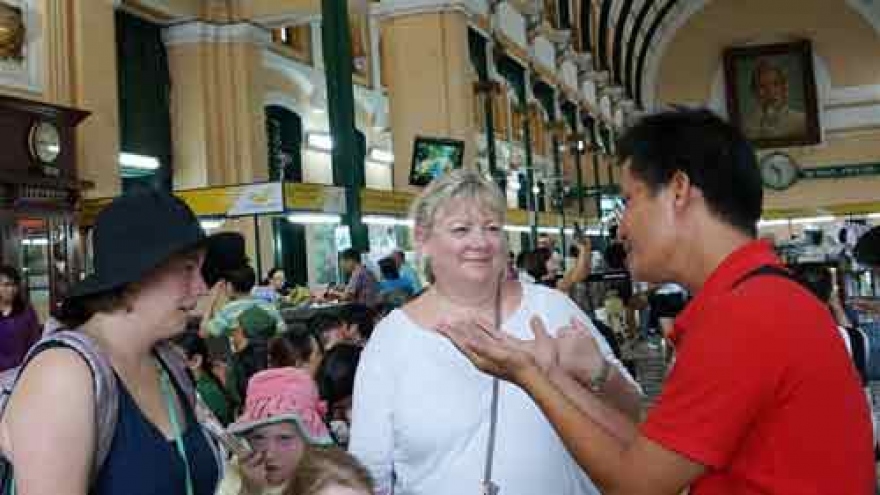Deputy PM calls for tourism reforms
It is time to raise awareness and change the mindset about developing tourism, which must be treated following market rules, said Deputy Prime Minister Vuong Dinh Hue.
 |
He mentioned some policies, including restructuring tourism towards professionalism, modernity and sustainable development on the basis of the market economy and international integration.
This would require a review of tourism planning and making a tourism plan by 2020 with a vision to 2030 on three key points, including infrastructure, diversification of tourism products and construction of proper tourism culture.
It was also necessary to complete related mechanisms and policies to mobilise all available resources in developing tourism and add specific policies for tourism development on taxes and prices.
He said that the plan should highlight that Vietnam is a safe and stable destination for tourists.
Measures to increase information dissemination, popularity, communications for tourism promotion and solutions to support tourism businesses and increasing State management efficiency over tourism were also needed, Hue said.
He agreed with the plan to set up a Department of Tourism in localities where tourism was developed.
Deputy Prime Minister Vu Duc Dam said the plan should have measures to improve sanitation, stressing that keeping the environment at tourism sites clean was important.
Vu Quang Minh from the Ministry of Foreign Affairs said more attention should be made to upgrading and preserving tourism attractions.
Ngo Dong Hai, Deputy Head of the Party Central Committee’s Commission for Economic Affairs, said tourism planning should be focused on central points. If every locality wanted to develop tourism, the sector could not become a key economic sector of the country, he said.
Under the master plan, tourism is hoped a key economic sector by 2020, attracting 15 million international tourists and 75 domestic ones, contributing 10 percent to the country’s GDP.
Total revenue from the sector is expected to reach US$32.5 billion during the 2015-2020 period.



